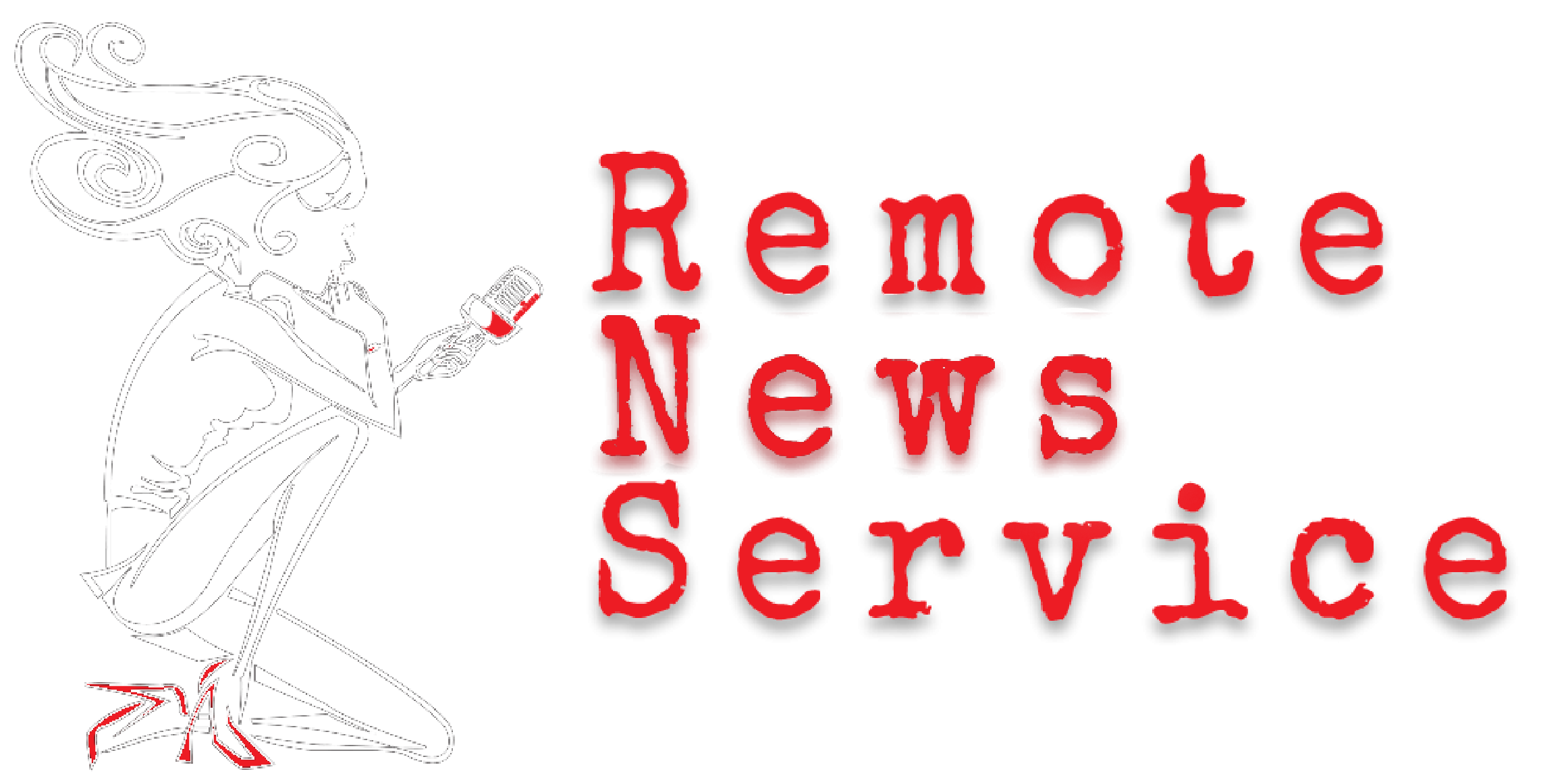by Jerry Lademan
If you are visiting this site, it’s safe to assume that you have at least a passing interest in radio. And, if you have at least a passing interest in radio, it’s also safe to assume you have spent time thinking about what’s next for the original wireless.
Sadly, listening to the radio today can be a cringe-worthy experience. I sometimes find myself screaming at my radio as I drive down the road, other drivers, no doubt questioning whether I am sane enough to be behind the wheel. If what I hear makes me scream, imagine a critical and fickle listener, facing more choices than ever before, who isn’t invested enough to yell. She’s just changing the dial or, more likely, picking up her Smartphone. Rather than inviting her to stay, we have given her a ready-made reason to leave, maybe never come back. Bad radio? Nobody’s got time for that.
Communication methods have changed, but radio maintains one advantage over all media, new or old. Radio is there. Now. One to one. No sign up, no password to forget, no learning curve. In essence, the original plug and play.
The problem is that while we have been ignoring that advantage, our audience has forgotten it. “Talk to me, in my language.” the listener says. If we can’t, don’t or won’t, it’s a quick goodbye, even to an old friend. Sometimes, it even seems we are Marconi, in a Steve Jobs world..
I focus on news and information programming, because it is the subject I know best. Most of my ranting-while driving comes from listening to information or news programming. Listen for yourself to many local news broadcasts—if you can even find any. Do they “talk to you in your language” or more importantly, to a potential listener? Are they made of “voices reading” the news” or are they real people, telling a story? And can you hear the same story, read in the same words in the city next door? I don’t think it’s a coincidence that interesting and relevant content, smartly delivered, is the hallmark of every market leader—no matter what the size of the market or the reach of the station. This basic concept includes everything that leaves the transmitter. Boring, poorly worded commercials? Announcers reading liners by rote? Talk shows that go nowhere and say nothing, just an ego trip? Poorly thought out music sequencing? All of that, gives an excuse for the audience that no longer needs one, to tune out in a heartbeat.
Radio is not dead or even dying. It’s just in need of some resuscitation, passionate people who think outside the box. The same kind of people working in other media, fighting to attract followers and make money along the way.



